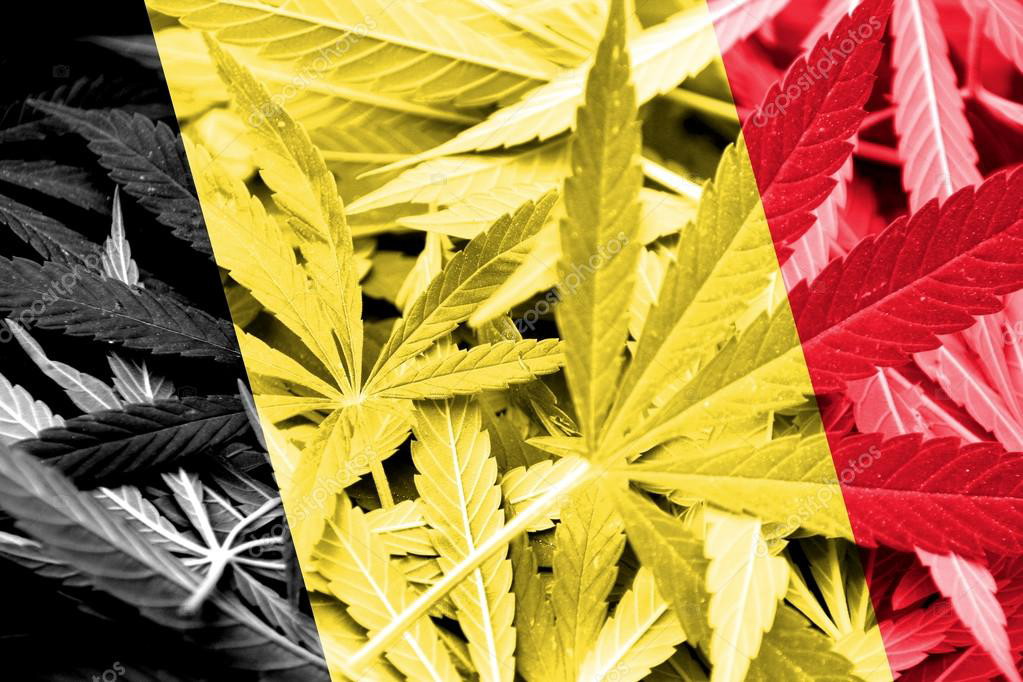
Belgium is a country known for its delicious chocolate, beer, and waffles. However, it is also becoming a hub for the cannabis industry. As more countries around the world legalize cannabis, Belgium is also considering a move towards legalization. The legalization of cannabis in Belgium could open up countless opportunities for innovation and economic growth. This article explores the current state of the cannabis industry in Belgium, the benefits and challenges of legalization, emerging trends, investment opportunities, navigating the legal framework, and more.
Belgium’s Cannabis Industry: An Introduction
The cannabis industry in Belgium is relatively new and not yet legal. However, there are already several companies operating in the country, mainly focusing on research and development. The industry is still in its infancy, but it is rapidly growing. Belgium has a long history of producing high-quality cannabis, and the industry is well-positioned to take advantage of this reputation.
Current State of Cannabis Legalization in Belgium
Currently, cannabis is illegal in Belgium for recreational use. However, the country allows the use of cannabis for medical purposes. Patients with the proper medical prescription can obtain medicinal cannabis from pharmacies. There is also a limited legal framework for the cultivation of cannabis for research purposes.
The Benefits of Legalizing Cannabis
Legalizing cannabis could bring numerous benefits to Belgium. Firstly, it could generate significant revenue for the government through taxes and regulation. Secondly, it could create jobs and boost the economy. Finally, legalization could reduce the burden on the criminal justice system by reducing the number of people charged with cannabis-related offenses.
The Challenges of Legalizing Cannabis in Belgium
Legalizing cannabis in Belgium would also present challenges. For example, there is currently no consensus on how to regulate the industry, and many people are still opposed to cannabis use. Other challenges include ensuring public safety and addressing concerns about addiction and mental health.
The Role of Innovation in the Cannabis Industry
Innovation is critical to the growth of the cannabis industry in Belgium. Belgian companies are already making significant strides in the development of new cannabis products, including pharmaceuticals, cosmetics, and food products. Innovation is also key to ensuring that the industry is sustainable and environmentally friendly.
Emerging Trends in the Belgian Cannabis Market
The Belgian cannabis market is still in its early stages, but there are already several emerging trends. For example, many companies are focusing on developing new cannabis-based products, such as edibles and cosmetics. Others are exploring new cultivation methods, such as vertical farming, to increase efficiency and reduce costs.
The Impact of Cannabis Legalization on Society
The impact of cannabis legalization on society is a subject of much debate. Some experts argue that legalization could lead to increased drug use and addiction. Others point to the potential benefits of legalization, including reduced crime rates and improved public health outcomes.
The Future of Cannabis in Belgium
The future of cannabis in Belgium is bright. Many experts predict that the industry will continue to grow and that legalization is on the horizon. As the industry expands, it will create new opportunities for job growth, innovation, and economic development.
The Importance of Responsible Cannabis Use
If cannabis is legalized in Belgium, responsible use will be critical to ensuring public safety. This includes educating users about the potential risks and benefits of cannabis use, enforcing regulations on cultivation and distribution, and ensuring that products are safe and of high quality.
Investment Opportunities in Belgium’s Cannabis Industry
As the cannabis industry in Belgium continues to grow, there will be many opportunities for investors. Companies focused on research and development, cultivation, and distribution are likely to see significant growth in the coming years.
Cannabis-based Medicines in Belgium’s Healthcare System
Cannabis-based medicines are already a part of Belgium’s healthcare system. However, as more research is conducted, it is likely that more cannabis-based medicines will be developed and made available to patients. This presents an opportunity for pharmaceutical companies and healthcare providers.
Navigating the Legal Framework for Cannabis in Belgium
Navigating the legal framework for cannabis in Belgium can be challenging. Companies must comply with strict regulations on cultivation, distribution, and marketing. It is essential to work with legal experts to ensure compliance with all relevant laws and regulations.
The legalization of cannabis in Belgium is still a controversial and complex issue. However, the potential benefits of legalization, including economic growth, job creation, and improved public health outcomes, cannot be ignored. As the industry continues to evolve, there will be many opportunities for investment, innovation, and growth. It is essential to approach the cannabis industry with a responsible and informed mindset and work with experts to navigate the legal framework. With the right approach, the cannabis industry has the potential to revolutionize the Belgian economy and society.







